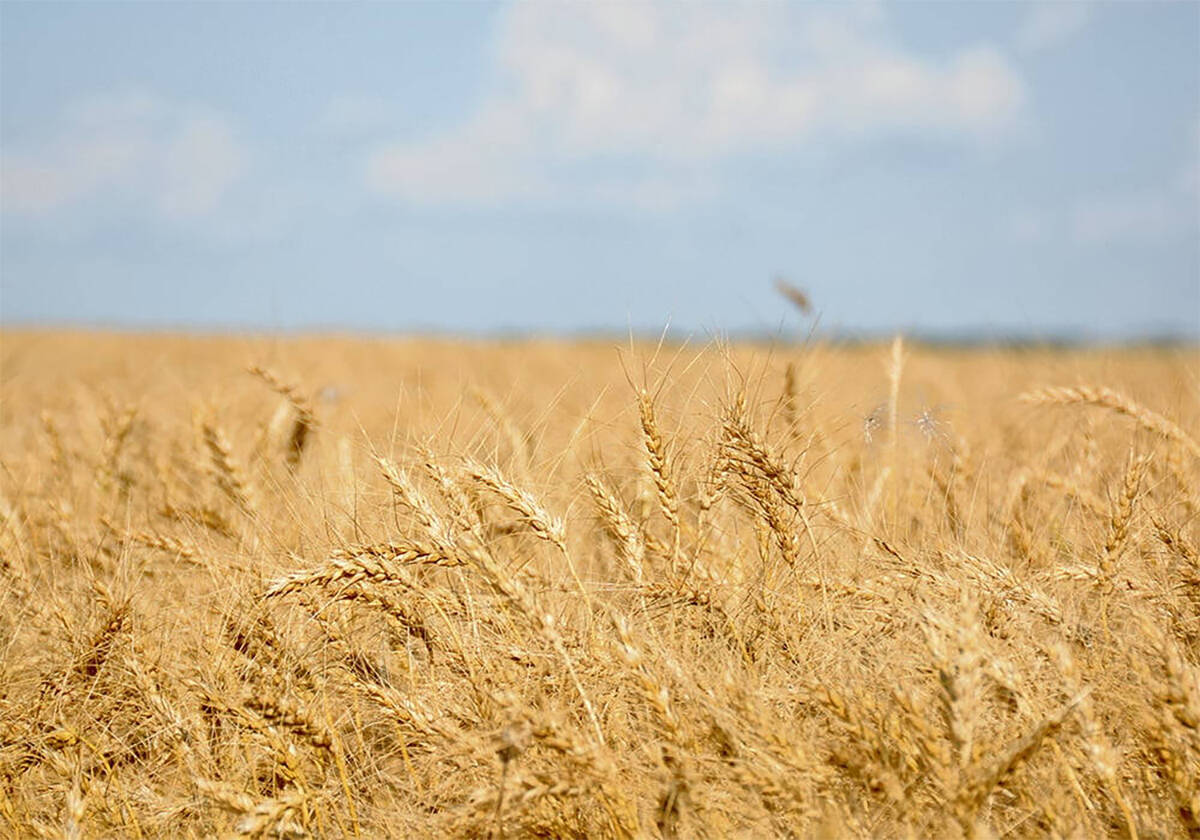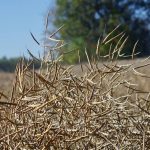Brussels | Reuters –– EU governments backed on Tuesday new measures to stop the spread of a bacterial disease that has attacked Italy’s olive oil production, the European Commission said.
The new measures mean EU countries must reveal all outbreaks in the European Union, carry out official surveys and destroy all infested plants, as well as healthy plants nearby.
Internationally, the EU will ban the import of coffee plants from Honduras and Costa Rica, which are considered at high risk of being infected by the bacteria.
Read Also

France raises winter soft wheat and rapeseed planting estimates
France’s farm ministry on Tuesday increased slightly its estimates for sowings of winter soft wheat and winter rapeseed for the 2026 harvest, confirming its expectation of an expanded area for both crops this year.
The European Food Safety Authority said last November that the bacteria, Xylella fastidiosa, had been detected in southern Italy, the first outbreak of its kind in the European Union. The bacteria can dry out the trees and scorch their leaves.
Italian oil production has been hit in some areas by Xylella fastidiosa — described as “olive tree leprosy” by some farming associations.
“The lack of effective treatments to cure the plants once they get infected, the broad range of plants species known to be susceptible, as well as the high probability of spread and establishment further in the EU, make this bacterium a very serious threat to the EU agricultural sector,” the European Commission said in a statement.
— Reporting for Reuters by Barbara Lewis.
















